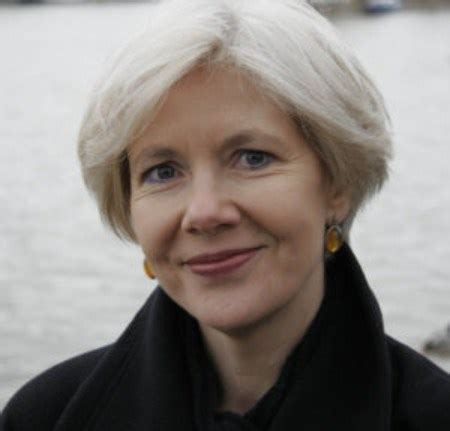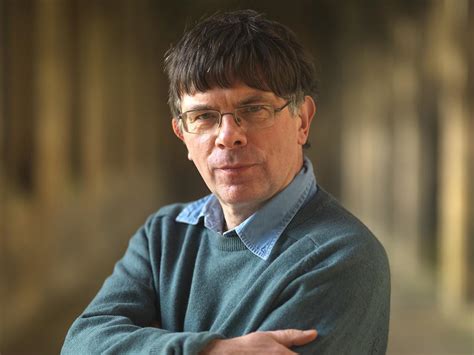A Quote by Konrad Lorenz
In the course of evolution, it constantly happens that, independently of each other, two different forms of life take similar, parallel paths in adapting themselves to the same external circumstances.
Related Quotes
The fact that men have a same origin and live in the same universe means that they are representatives of a same unity. Deep down, they are also related (or connected) among them; that they consider (or not) themselves as strangers, this just depends on the feeling (or sensation) that dictate their relationships. In their country, two fellow coutrymen whose paths berely cross (or see each only only briefly) with inferrence, would effusively rush themselves up (or throw themselves) into each other arms if they would happen to meet in a desert, among Cannibles.
The evolution of cultures appears to follow the pattern of the evolution of species. The many different forms of culture which arise correspond to the "mutations" of genetic theory. Some forms prove to be effective under prevailing circumstances and others not, and the perpetuation of the culture is determined accordingly.
Every project is different. Adapting 'Robopocalypse' would be totally different than adapting, say, 'Hunger Games.' Each project has its own life and its own identity. You get into trouble when you think there's one single way to approach everything. Each project, there's a different way to attack it.
What is … important is that we — number one: Learn to live with each other. Number two: try to bring out the best in each other. The best from the best, and the best from those who, perhaps, might not have the same endowment. And so this bespeaks an entirely different philosophy — a different way of life — a different kind of relationship — where the object is not to put down the other, but to raise up the other.
Life's Solution builds a forceful case for the predictability of evolutionary outcomes, not in terms of genetic details but rather their broad phenotypic manifestations. The case rests on a remarkable compilation of examples of convergent evolution, in which two or more lineages have independently evolved similar structures and functions.
The existence of common features in different forms of life indicates some relationship between the different organisms, and according to the concept of evolution, these relations stem from the circumstance that the higher organisms, in the course of millions of years, have gradually evolved from simpler ones.
Synonyms know each other like old colleagues, like a set of friends who've seen the world together. They swap stories, reminisce about their origins and forget that though they are similar, they are entirely different, and though they share a certain set of attributes, one can never be the other. Because a quiet night is not the same as a silent one, a firm man is not the same as a steady one, and a bright light is not the same as a brilliant one because the way they wedge themselves into a sentence changes everything.



































